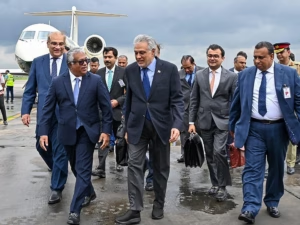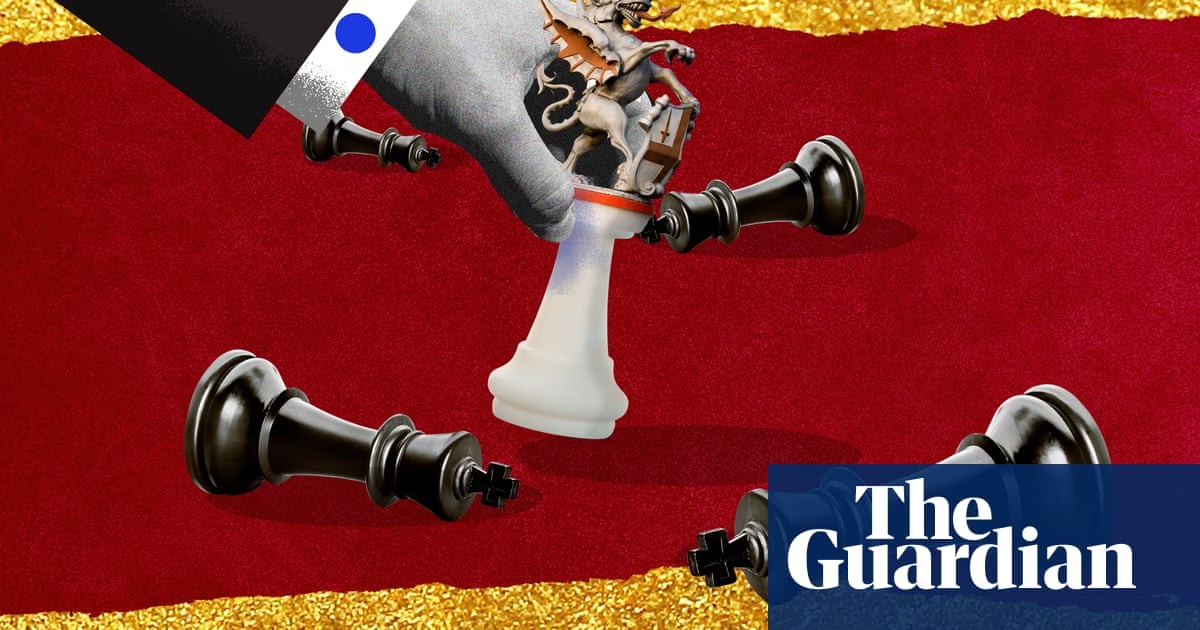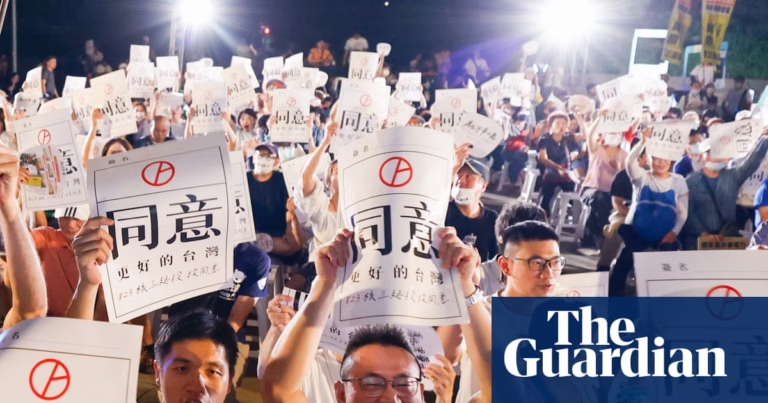Members of the House of Lords financial services regulation committee, which includes individuals with current affiliations with major financial institutions such as Santander, Secure Trust Bank, and the London Stock Exchange, are under scrutiny for potential conflicts of interest. The committee, established in January of the previous year, has expressed significant criticism towards the Financial Conduct Authority (FCA), the UK’s financial regulator, despite some of its members being compensated by entities overseen by the FCA.
The committee is tasked with examining and potentially influencing the laws and policies pertaining to financial services in the post-Brexit era. Its chair, Michael Forsyth, served until May of last year as the chair of Secure Trust Bank, a company regulated by the FCA. Although Forsyth still retains a shareholder status in the bank, his committee involvement has stirred concerns about the committee’s objectivity and conflict of interest, especially when critiquing the FCA.
The prevalent involvement of peers with financial sector jobs poses questions regarding the impartiality of the committee, particularly concerning the representation of consumers’, taxpayers’, and the public’s broader interests. The two inquiries conducted by the committee have targeted the FCA’s powers and scope. In April of the previous year, Forsyth wrote to the FCA expressing his committee’s dissatisfaction with the regulator’s proposal to disclose companies under investigation in cases deemed to be of public interest. He requested that the FCA refrain from implementing this policy until the committee completed its own in-depth examination.
Moreover, other committee members have also disclosed their interests in financial services companies. Peers like Sharon Bowles, Clive Hollick, John Eatwell, and others hold positions and advise various entities within the sector, further raising concerns about the committee’s impartiality. These circumstances invoke larger discussions about the propriety of allowing committee members with personal interests in the financial sector to participate in inquiries that may directly affect those interests.
Tom Brake, the director of the campaign group Unlock Democracy, has expressed reservations about the suitability of members with financial sector interests participating in inquiries, suggesting it may be more prudent for these members to recuse themselves to avoid apparent conflicts of interest.
The House of Lords committee has stated that its members’ diverse professional backgrounds are an asset in their committee work, emphasizing that their independence is governed by the Lords code of conduct. The committee has asserted that their inquiries are transparent and open to input from interested parties.
Despite these assertions, the concerns regarding potential conflicts of interest within the committee remain, highlighting the importance of maintaining a balance that safeguards the public’s interest in financial regulation.
Source: https://www.theguardian.com/politics/2025/mar/12/peers-working-for-city-firms-dominate-lords-panel-scrutinising-financial-sector







